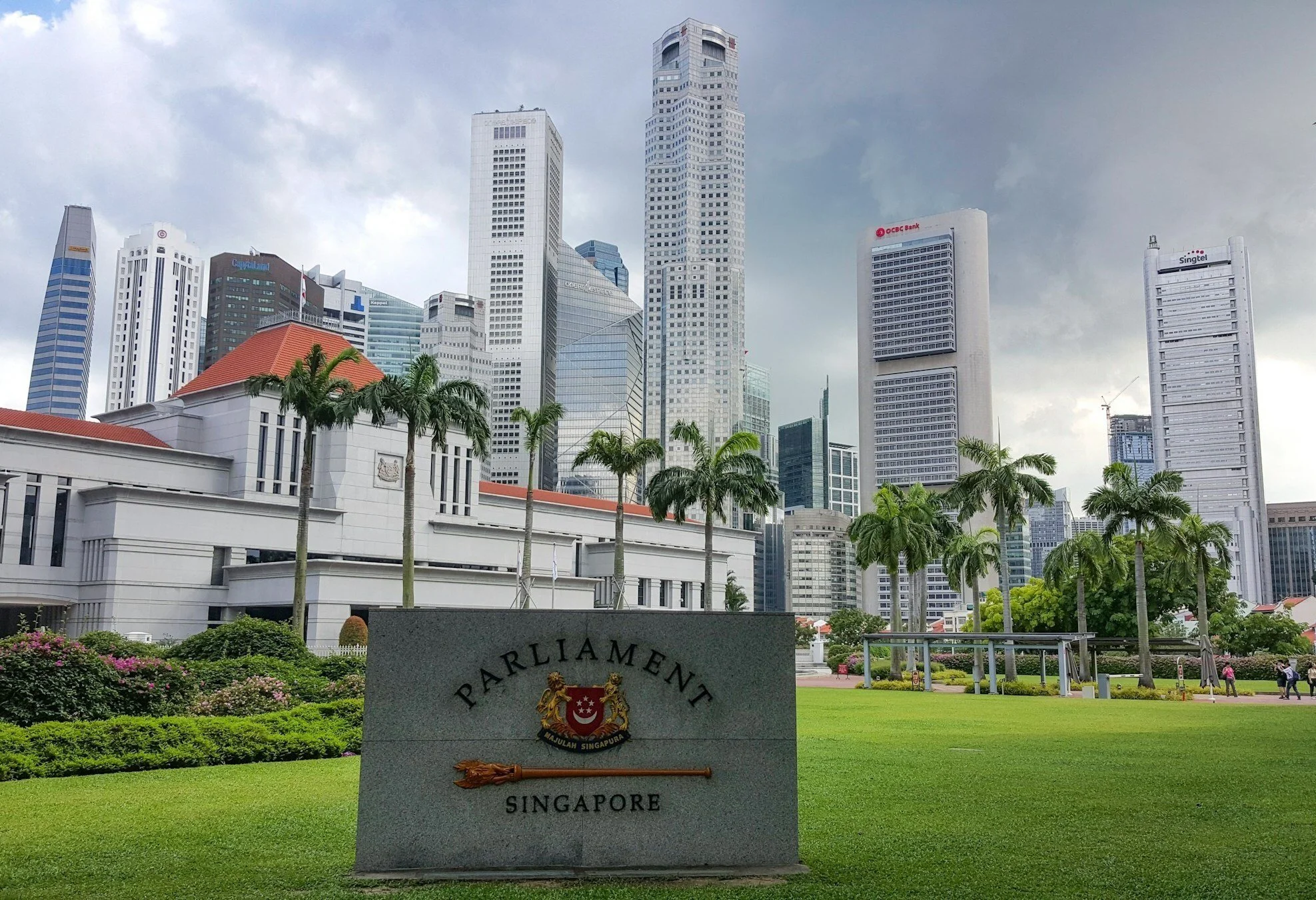Written by Amit Ranjan
Many Nepalese are frustrated and disenchanted with the current political situation and poor government performance. But returning to a constitutional monarchy would be a regressive, authoritarian step, not a path toward democracy.
Read More
















